This post contains affiliate links for which we may receive compensation at no additional cost to you. Click here to read our full affiliate policy.
May is here! Let’s look at our May Epic Book Recommendations. It’s Better Speech and Hearing Month, an exciting opportunity to champion our students and our profession. It’s also Mental Health Month, and we know that communication plays a vital role in mental health. Additionally, May is when we honor Asian American and Pacific Islander Heritage Month. As always, books are powerful tools to help us celebrate and advocate, so let’s get to this special set of recommendations!
I Talk Like a River
If you share only one book with your students in May, make it this one! Author Jordan Scott is a person who stutters, and he narrates Epic’s animated video version of this poignant book. His reading is full of pauses, blocks, and repetitions, and this courageous authenticity enhances the book—and shows your students that it’s okay to stutter.
This book would be wonderful for National Stuttering Awareness Week, which is the second week in May, but could positively impact any student at any time.
Therapy ideas and skills to target:
- Compare and contrast: This book is a particularly useful resource for school-age students who stutter and are new to speech therapy. As they observe and learn about their own speech, they could note similarities and differences with Jordan Scott’s speech.
- Figurative language: It’s no surprise that Jordan Scott is also a poet! His metaphors illuminate the experience of stuttering, with phrases like “The /p/ in pine tree grows roots inside my mouth and tangles my tongue.” Students could create their own metaphors to describe the challenges and victories in their lives.
- Social-emotional learning: I Talk Like a River is also wonderful for educating students who don’t stutter! After listening to the book, students could discuss ideas for how to interact supportively with friends who stutter.
Check out the hardcover of this beautifully illustrated book here. It is also a meaning gift in audio CD for someone you care.
The Boy with Big, Big, Feelings
Although SLPs don’t provide direct mental health interventions, we play a crucial role in helping our students understand and express their emotions.
This tender picture book from Britney Winn Lee shares the journey of a sensitive boy who worries that others will mock his intense feelings, and then discovers he isn’t alone. It’s perfect for National Children’s Mental Health Awareness Day on May 11th—or any day when a student is overwhelmed with emotions and needs some extra support.
Therapy ideas and skills to target:
- Adjectives and parts of speech: This book is full of vivid adjectives, like “feathery,” “fluffy,” “giant,” and “dramatic.” Students could brainstorm ideas for additional nouns that would be effectively described by these attributes.
- Personal narrative and sequencing: Students could share about a time when they had a strong emotion. What happened first, next, and last? How did they manage the feeling? What might they do differently next time?
- Phonological awareness: The rhyming text primarily uses short, simple words, ideal for segmenting and counting syllables!
This colorfully/illustrated is also available in hardcover.
Move Your Mood
After reading The Boy with Big, Big Feelings, students will probably feel more self-compassion about their emotions, but might be wondering what to do with them.
This delightful book from Brenda S. Miles and Colleen A. Patterson has the answer, and the answer is: move! Preschool and elementary students will giggle and self-regulate all at once, as they imitate the animal-themed illustrations and “growl away grumpy,” “clap for confident,” and “pose for proud.” It’s a great one to bring out as needed—or as part of a weekly routine.
Therapy ideas and skills to target:
- Extension: Students will encounter an eclectic set of emotions and corresponding actions in this book, but the fun doesn’t have to stop there! Students could create new pages for the book, with additional feelings and movements.
- Verbs: This book revolves around verbs, and it offers numerous opportunities to act them out! Students could also practice working with past tense.
- Wh-questions: The endearing illustrations in this book invite a variety of wh-questions and answers, ranging from simple (“What color is the elephant’s hat?”) to introspective (“When was the last time you felt proud?”).
*Bonus: Cindy Montenegro’s vibrant book My Mind is a Mountain has an in-depth exploration of how emotions show up in the body, and it includes mindfulness-focused regulation strategies. It’s also written in both English and Spanish! For hard cover, click here.
Grab a copy of this uplifting story book on Amazon.
When Charley Met Emma
Better Speech and Hearing Month is the perfect time to open up a wider conversation about disability, and this thought-provoking picture book is a valuable resource for getting started.
Author Amy Webb communicates the core message that “different is okay!” by exploring the blossoming friendship between Charley (who’s an introvert) and Emma (who has a limb difference and uses a wheelchair).
If students can’t get enough of Charley and Emma, they will also enjoy the charming sequel Awesomely Emma, in which a school field trip to a museum provides an unexpected opportunity for student-led advocacy (perfect for International Museum Day on May 18th).
Therapy ideas and skills to target:
- Describing: Both Charley and Emma are fully formed characters, with unique personalities and strong opinions. Students could describe these character traits and give examples for how they are demonstrated in the book.
- Discussion skills and personal connections: Students could share about how they are different—and what they appreciate about their differences.
- Extension: Students could research the Americans with Disabilities Act and other topics related to accessibility and inclusion.
Hard cover versions are also available for When Charley Met Emma and Awesomely Emma.
The Paper Boat: A Refugee Story
In this wordless picture book, Thao Lam honors the resilience of refugees by weaving together two narratives: one about a family fleeing Vietnam, and one about ants rebuilding their colony. It would be a meaningful addition to any lesson highlighting Asian American and Pacific Islander Heritage Month.
Elementary and middle school students will be captivated by the uniquely textured and detailed drawings, but some of the imagery might be upsetting for very young students.
Therapy ideas and skills to target:
- Compare and contrast: Students could identify similarities and differences between the family’s experiences and the ants’ experiences. (Hint: If they get stuck, the author’s note has some ideas!)
- Narrative/retell: After looking at the book’s pictures, students could retell the events in order, adding descriptive details as appropriate.
- Writing and sentence structure: Because this book doesn’t include any text, students have a perfect opportunity to write their own! They could create descriptions and dialogue to go with each page of illustrations.
Grab a hard cover copy of this authentic picture story book here.
All of these books are available for free through Epic when you sign up for an educator account, or you could request them from your local library. Happy reading!

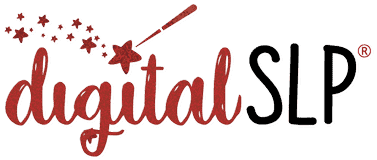
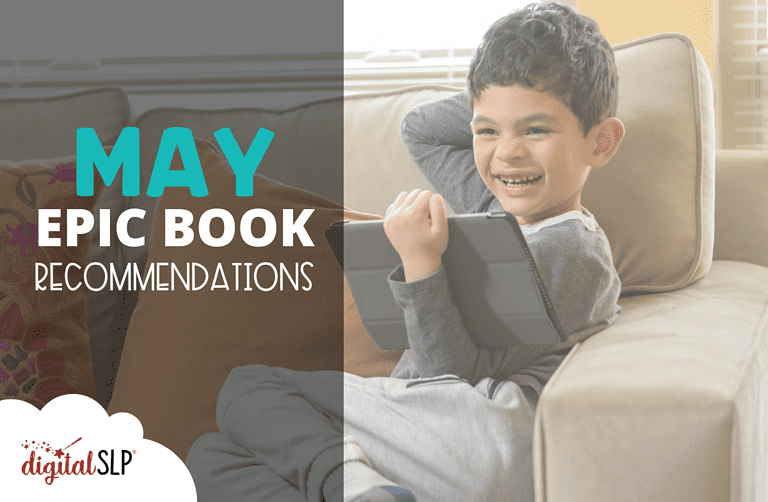
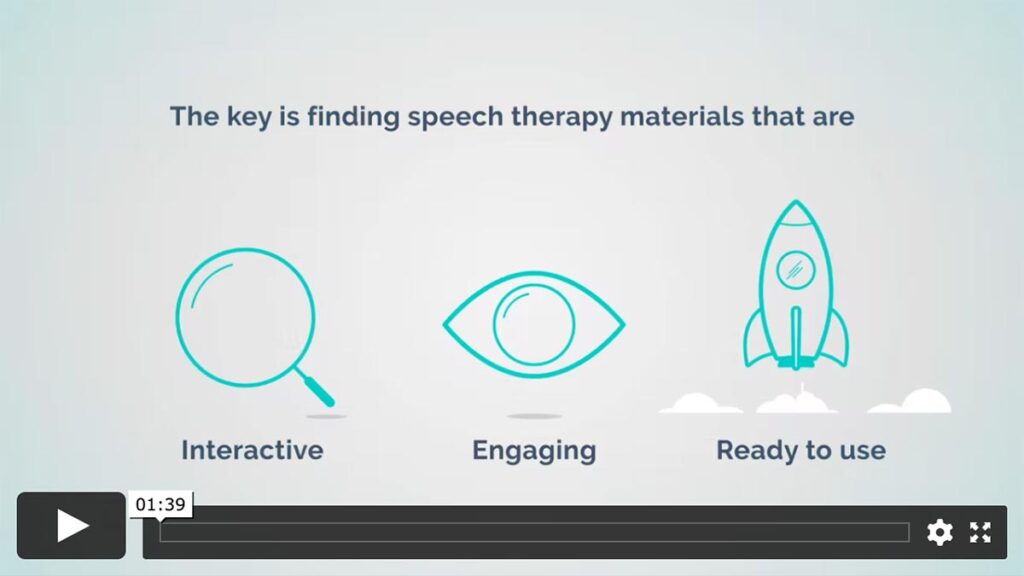



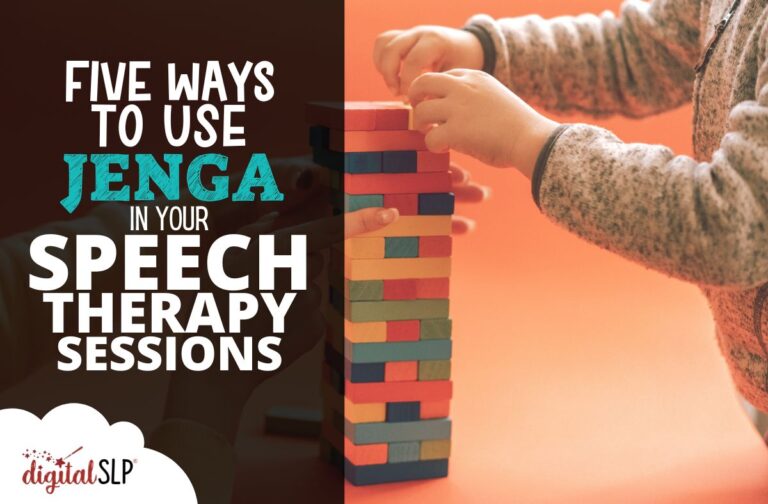
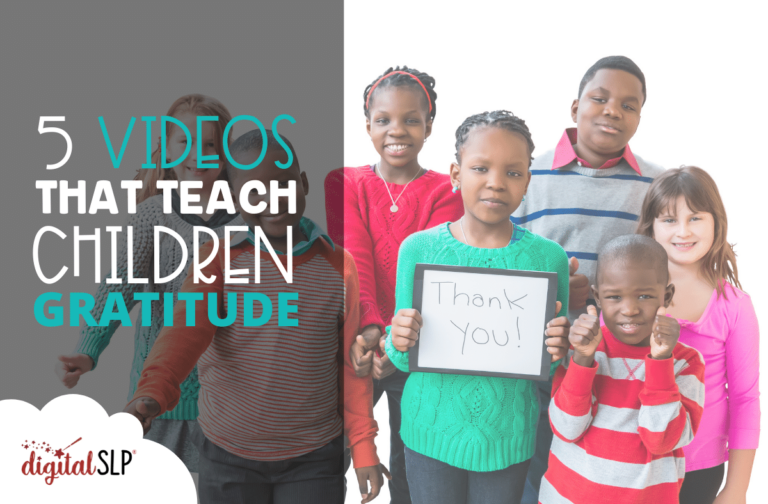
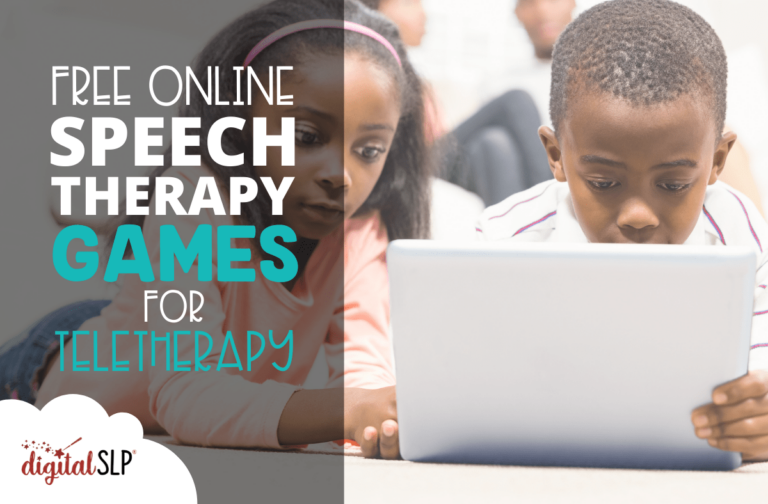
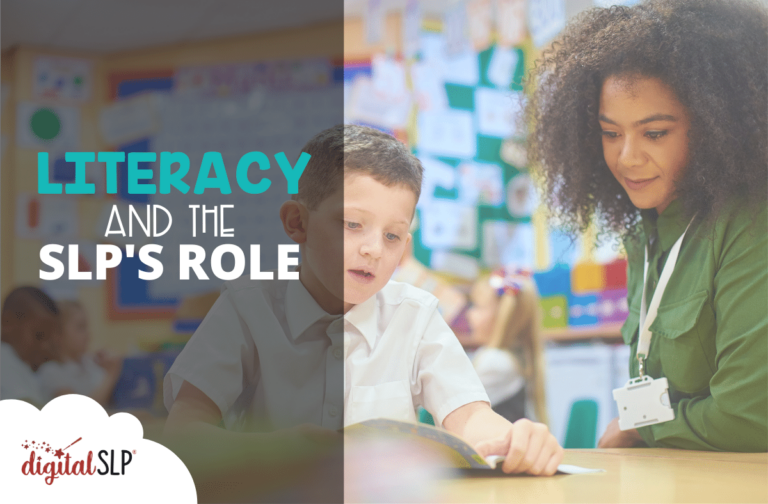
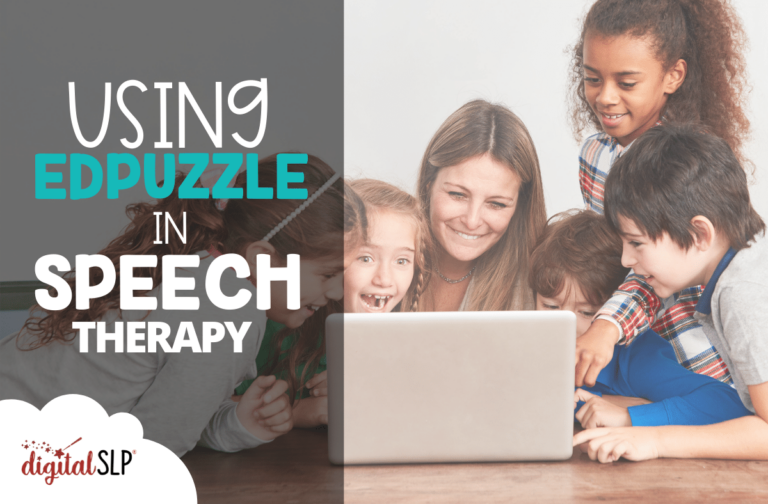

Recent Comments